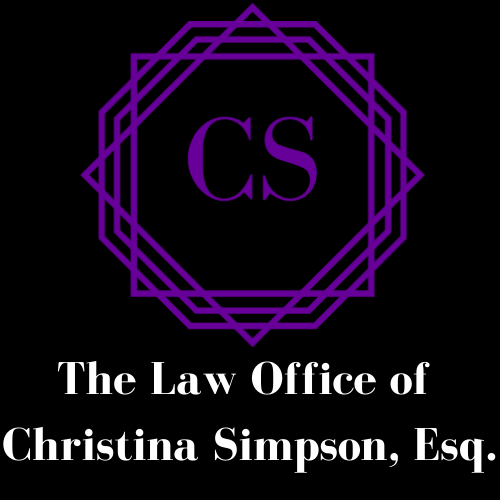“It's more than a feeling when I hear that old song they used to play”
Sep 7, 2018 | Written by Brooke Massicotte | 3 min read
Are we all familiar with the 1970s rock and roll band Boston? Most well-known for the songs “More than a Feeling,” “Long Time,” and “Peace of Mind.” The band was made up of five members: Tom Scholz, Barry Goudreau, Fran Sheehan, Sib Hashian and Brad Dep. In 1981, Goudreau separated from the group and signed a settlement agreement with the remaining Boston members permitting him to share in the royalties for the first two Boston albums and to use the term “formerly of Boston” in association with future performances. However, Goudreau maintains no rights or title in the trademarked name “Boston,” and is not allowed to use the name in conjunction with an advertisement or promotion.
An issue arose when Goudreau began to informally play music with Ernie Boch Jr. Boch Jr. began to promote their band using pop-up messages and other ads referring to Goudreau as an “original and founding member of Boston.” In 2013, Scholz filed suit against Goudreau alleging trademark infringement, amongst other causes of action. This case is a perfect example of how trademark infringement can come in all shapes and sizes, folks. A couple of weeks ago, I wrote about how Adidas blatantly used a trademarked phrase “Never Done” without clear-cut permission from the trademark owner. That was a rather evident example of how trademarks can be easily corrupted because Adidas had no explicit contract with the small business owner. This week’s case was not so clear, at first. The lower court here was faced with deciding whether Goudreau’s use of the trademarked term “Boston in association with some of his personal promotions, infringed on Scholz rights. The court there did not think that it did.
Recently the US Court of Appeals for the First Circuit upheld the lower court’s decision that Goudreau did not violate Scholz’ rights as a trademark owner. The court here emphasized the fact that the settlement agreement between the parties permitted Goudreau to reference Boston, so long as it is accompanied by the term “formerly of Boston” and that although he could not use it in conjunction with any ads or promotion, Goudreau still maintained rights as a “former member”. Furthermore, there was no evidence presented that showed that Goudreau told those running the ads and promotions at issue in the case here to use any other language other than what was agreed on between the parties. Basically, unless Scholz was able to produce solid, concrete examples of Goudreau instructing others to refer to him as a “member of Boston” instead of a “former member of Boston”, evidence of additional verbiage added solely on the promoter’s own decision, is not enough for trademark infringement.
The court’s decision symbolizes a greater message to artists everywhere. Scholz summarizes this in a great way during an interview with the Boston Globe: “trademark law exists not just to protect the rights of those who create, but to preserve the legacy and value of the art.” If you are a musician, your music is probably everything to you. It represents all of your hard work and talent manifested into a tangible work of art. Therefore, it's extremely important to pay attention to how others who have been granted permission to use the trademark actually use the trademark and whether or not they are abiding by the terms of the agreement at all times. It is imperative to make sure that all licensees promote and preserve YOUR legacy, the same way you would.
If you are looking for an attorney to consult with about a similar issue you’re having, please contact us here! You can rest assured that your rights, as an artist, will be protected! Rock on, Boston!
Tags:
#attorney #bostonlawyer #blackattorney #womenattorneys #blackwomenattorneys #trademark #brand #contracts #entrepreneur #startup #blackownedbusiness #christinasimpsonlaw #IP #intellectualproperty #trademarklaw #trademarkinfringement #IPlaw #BostonBand #TomScholz #BarryGoudreau #MusicIndustry #EntertainmentLaw
